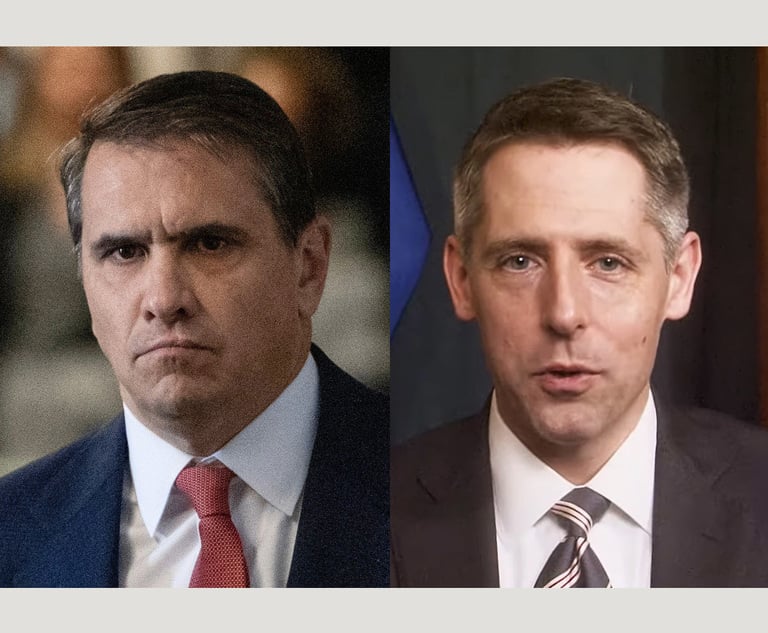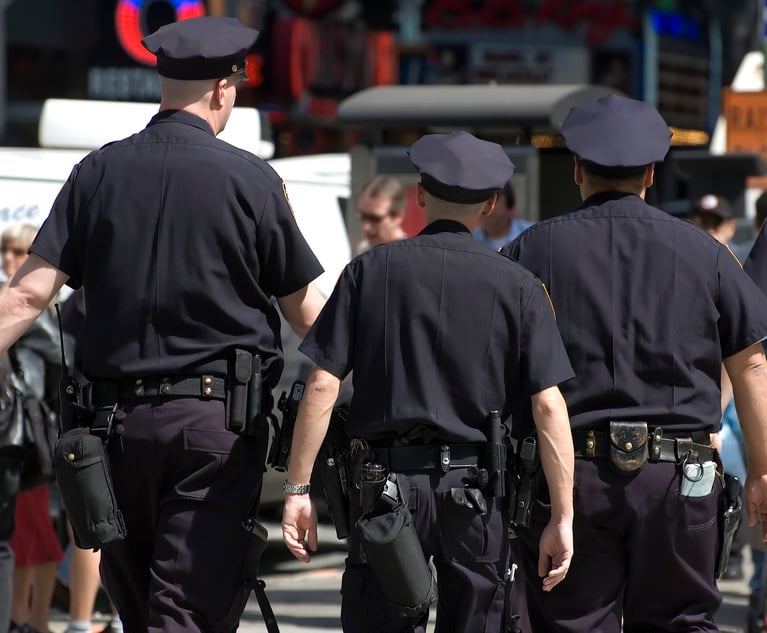In response to David Loftis’ letter, Appeal Waivers Are Not Truly Voluntary (Nov. 15, 2018), I would like to offer a different perspective on appeal waivers in criminal cases, one that situates them in the context in which they are made.
The settlement of a case signifies the end—not the beginning or continuation—of litigation. This is true in both civil litigation and criminal cases. By pleading guilty, the accused is conceding that the People have the requisite proof beyond a reasonable doubt and that a trial is unnecessary. Typically, the relinquishment of trial-based rights is given in exchange for some benefit at sentencing. The parties have reached a mutual agreement, and the case should end.


 Photo: Shutterstock.com
Photo: Shutterstock.com




